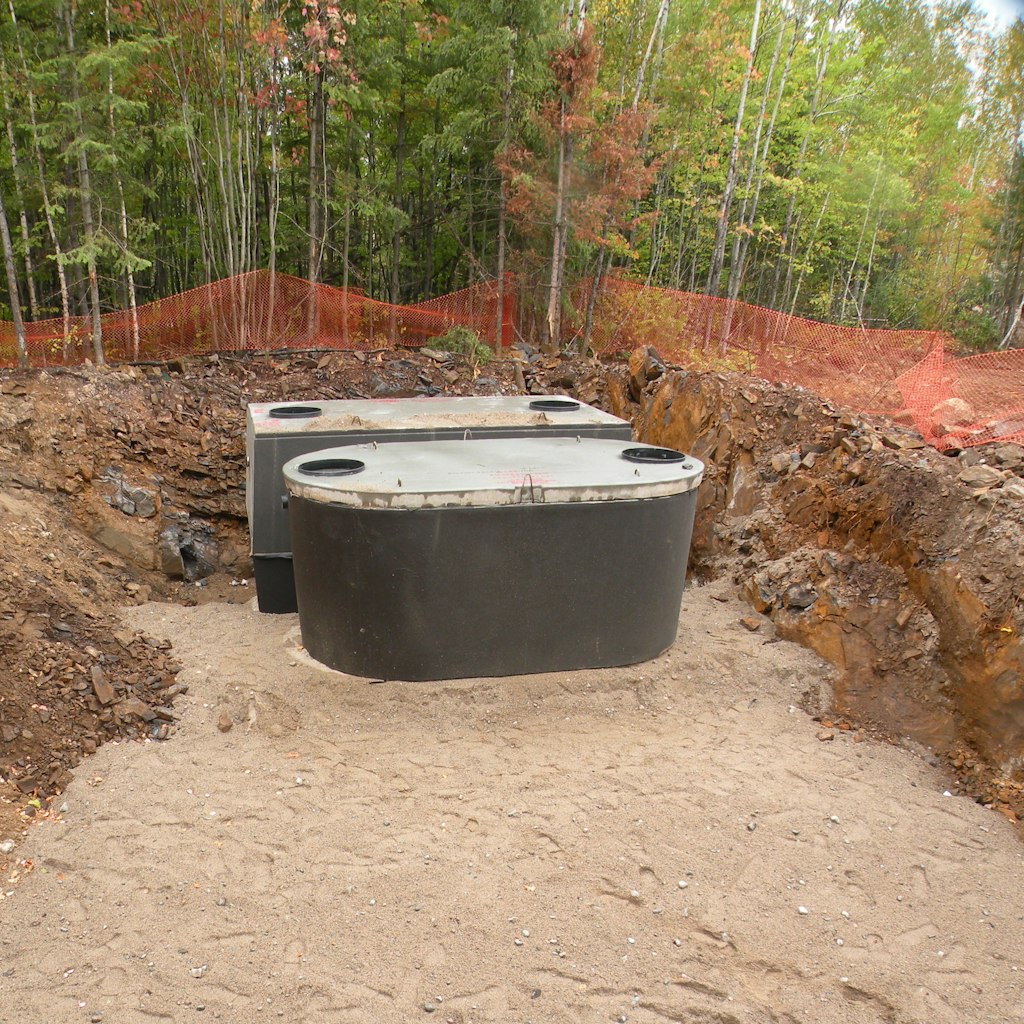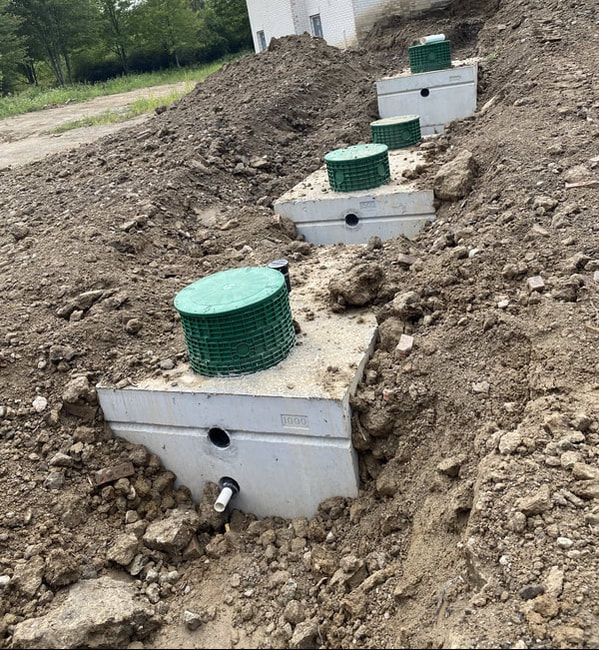Reliable Solutions Septic Tank Pumping Rome GA: Ensuring System Health
Wiki Article
The Art of Septic Tank Solutions: Specialist Tips and Techniques for Optimal Performance and Sustainability
With specialist pointers on appropriate pumping and sustainable practices, you'll be outfitted to keep your septic container operating faultlessly for the long term. Get ready to master the art of septic tank solutions.Why Regular Upkeep Is Necessary
Routine maintenance is an important requirement for making certain the ideal efficiency and sustainability of your sewage-disposal tank system. By frequently keeping your septic storage tank, you can prevent potential problems prior to they become costly and inconvenient issues (septic tank pumping rome ga). When you neglect maintenance, your sewage-disposal tank can end up being overloaded with solid waste and sludge, bring about clogs, back-ups, and even system failing
Normal maintenance includes a couple of key jobs that should be carried out on a regular basis. You need to have your storage tank pumped routinely, commonly every 3 to five years, depending on the size of your household and the container's ability. Pumping removes the built up solids and avoids them from obstructing the drain field. Furthermore, it is very important to inspect the tank and its parts for any signs of damage or wear. This includes checking for leaks, fractures, or tree origin breaches that can endanger the system's honesty.
Understanding the Role of Germs
To guarantee optimal performance and sustainability of your septic tank system, it is very important to recognize the important role that germs play in its operating. Bacteria are the unsung heroes of your septic container, as they are accountable for damaging down the strong waste and transforming it right into liquid type. This process is called food digestion, and it is crucial for the proper functioning of your septic tank.Inside your sewage-disposal tank, there are 2 sorts of bacteria at work: aerobic and anaerobic bacteria. Cardiovascular bacteria call for oxygen to thrive and endure, and they are accountable for damaging down the natural matter in the visibility of oxygen. On the other hand, anaerobic microorganisms do not need oxygen and are accountable for breaking down the raw material in the lack of oxygen.
Both kinds of bacteria work with each other to guarantee the reliable decay of waste in your sewage-disposal tank. They damage down the solid waste right into sludge, which then clears up at the bottom of the container. The staying fluid waste, called effluent, is after that released right into the drainpipe field for more treatment and purification.
Without these bacteria, your septic system would swiftly come to be overwhelmed with strong waste, leading to blockages, back-ups, and possible system failing. Consequently, it is critical to preserve the right balance of germs in your sewage-disposal tank by preventing extreme use antibacterial items and occasionally adding bacterial ingredients to promote their growth.
Preventing Usual Septic System Mistakes
Keeping the proper balance of germs in your septic tank is critical to avoid common mistakes that can result in system failure. One of the most common errors house owners make is purging non-biodegradable products down the commode or sink. These items can clog the system and disrupt the natural breakdown of waste by the microorganisms. To avoid this, it is essential to only flush toilet tissue and human waste down the commode, and to throw away various other things effectively in the garbage.One more mistake to stay clear of is utilizing extreme chemicals or cleaners that can kill the beneficial microorganisms in your septic system. These bacteria play an essential function in breaking down strong waste, so it is necessary to utilize septic-safe cleaning items and prevent pouring chemicals away.
Overlooking routine maintenance is another typical mistake that can bring about septic system problems. It is crucial to have your storage tank pumped frequently to remove collected sludge and avoid it from causing or overruning damage to the drain field. In addition, having your storage tank examined often can assist identify any type of potential problems prior to they end up being significant issues.
Last but not least, extreme water use can overload your septic system and cause it to stop working. Bear in mind your water consumption and stay clear of running numerous appliances simultaneously or taking excessively long showers. By avoiding these typical blunders and taking proper care of your sewage-disposal tank, you can ensure its ideal efficiency and stay clear of costly repair services in the future.
Tips for Proper Sewage-disposal Tank Pumping
- To guarantee optimum performance and longevity of your septic storage tank, adhere to these 3 essential ideas for appropriate pumping.
To start with, it is important to arrange normal septic storage tank pumping. Professionals recommend having your tank pumped every 3 to 5 years, depending on the size of your family and the use of water (septic tank pumping rome ga). Normal pumping gets rid of gathered sludge and stops it from clogging the drain field, guaranteeing the reliable functioning of your septic system
Secondly, it is important to work with an expert septic container pumping solution. A specialist will have the required devices and proficiency to pump your container effectively and safely. They will likewise examine the container for any indicators of damages or leaks, permitting early detection and prevention of prospective problems.
Last but not least, it is vital to exercise correct maintenance between pumpings. Avoid purging non-biodegradable things, such as wipes or feminine health products, down the bathroom. These items can block the pipelines and bring about pricey fixings. In addition, bear in mind extreme water usage and think about setting up low-flow fixtures to reduce pressure on your septic tank.
Sustainable Practices for Long-Term Efficiency
For long-lasting efficiency, it is essential to adopt lasting practices that will enhance the functioning of your septic system. By implementing these practices, you can guarantee the durability and performance of your septic see this page container.To start with, normal maintenance is essential. Set up regular examinations and pumpings to stop any accumulation of sludge and residue. This will assist keep the proper balance of bacteria within the tank and protect against blocking or overflow problems.
Second of all, be mindful of what you flush down the drains. Prevent disposing of non-biodegradable items, such as baby diapers, wipes, or womanly hygiene products, as they can trigger blockages and damage to the system. Additionally, limit making use of severe chemicals, such as bleach or anti-bacterial soaps, as they can interrupt the bacterial balance within the tank.

In addition, shield the check this drainpipe field location. Avoid car parking vehicles or putting hefty items over the drain field, as this can compact the dirt and restrict its capacity to absorb wastewater properly. Planting lawn or shallow-rooted plants can assist absorb excess dampness and give natural purification.
Conclusion

You must have your storage tank pumped routinely, typically every three to five years, depending on the size of your home and the storage tank's capacity.To ensure ideal performance and sustainability of your septic tank system, it is essential to comprehend the important function that germs play in its operating.Inside your septic storage tank, there are 2 types of bacteria at work: anaerobic and aerobic germs.Both types of bacteria function with each other to make sure the effective decomposition of waste in your septic tank.Maintaining the proper equilibrium of germs in your septic container is crucial to avoid usual errors that can lead to system failure.
Report this wiki page